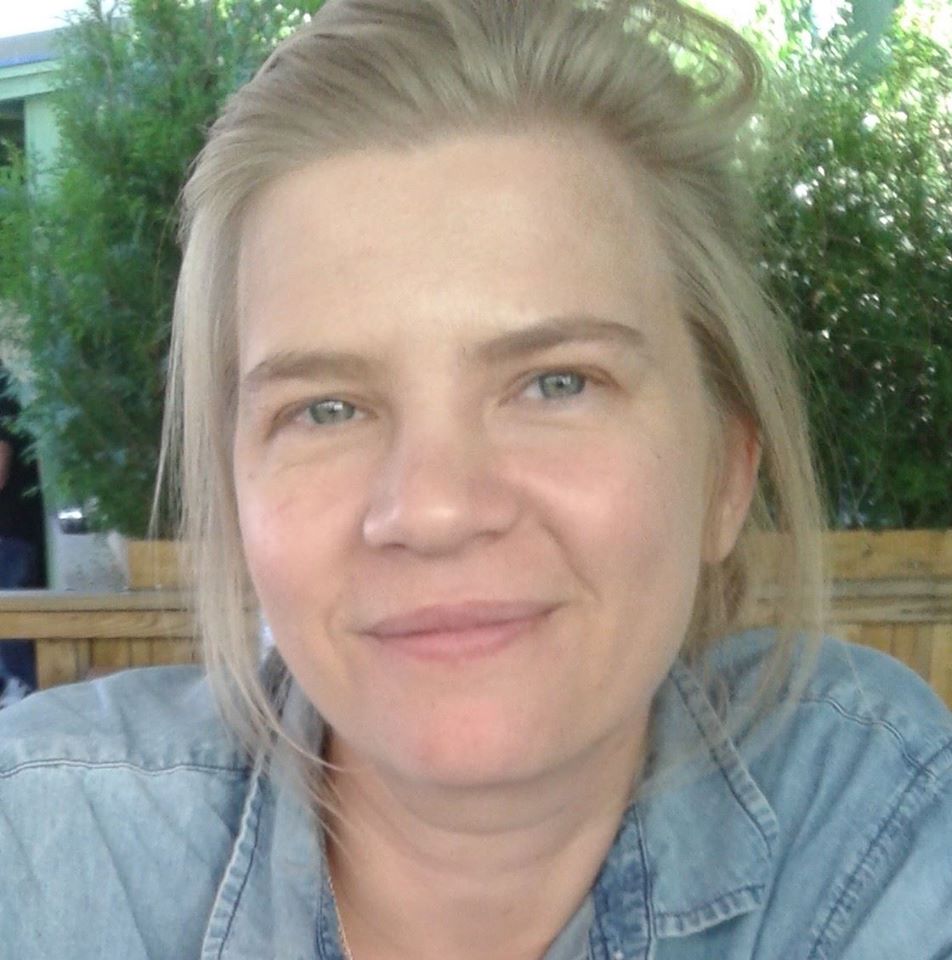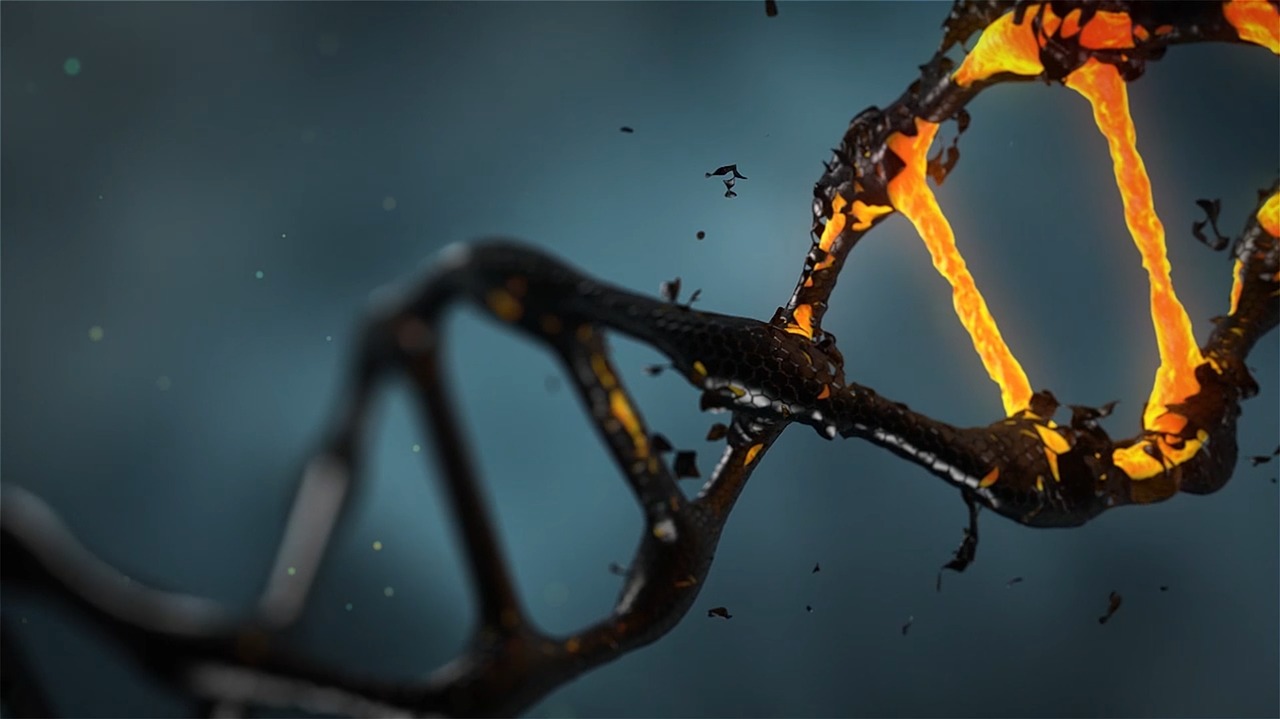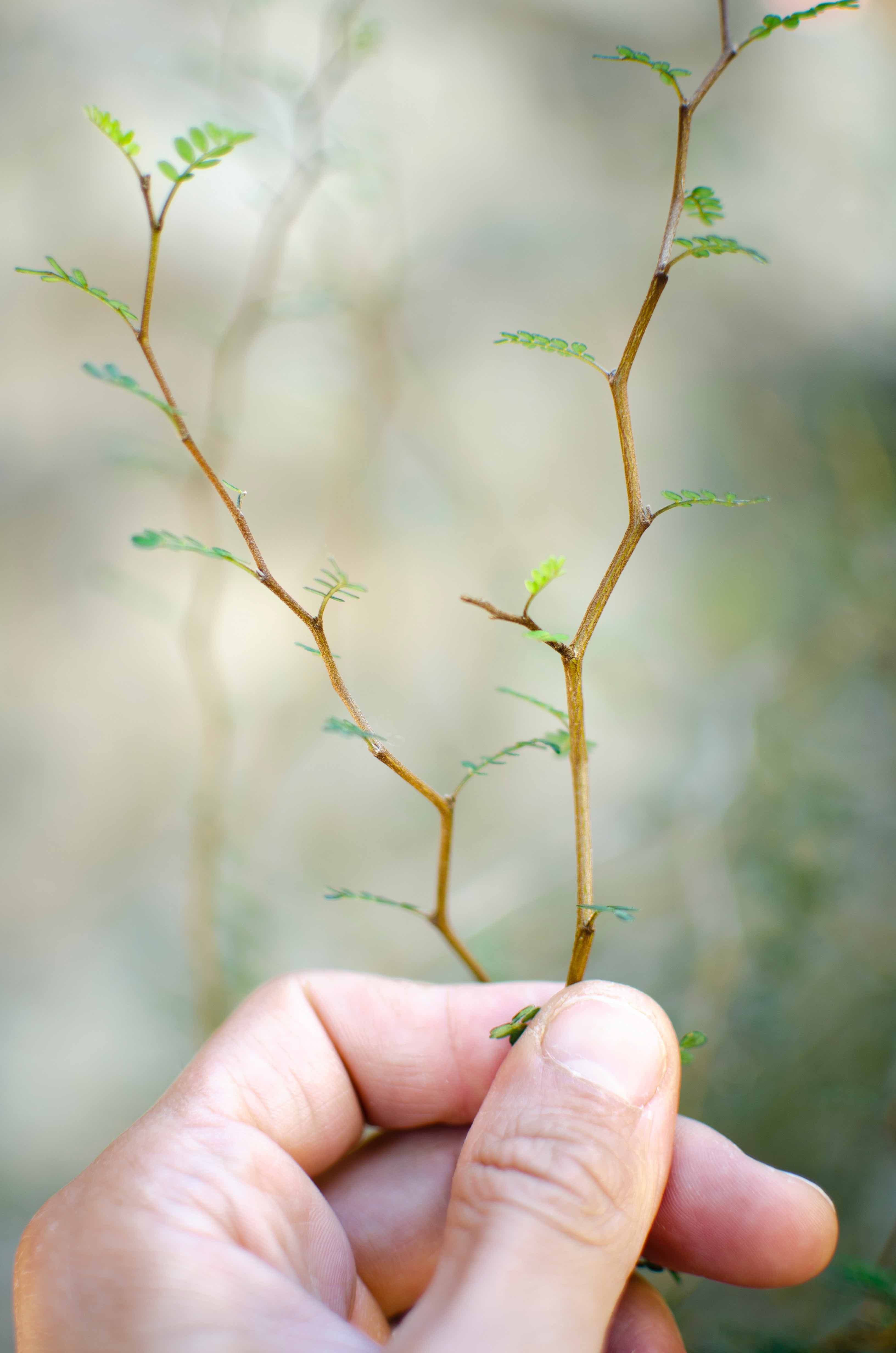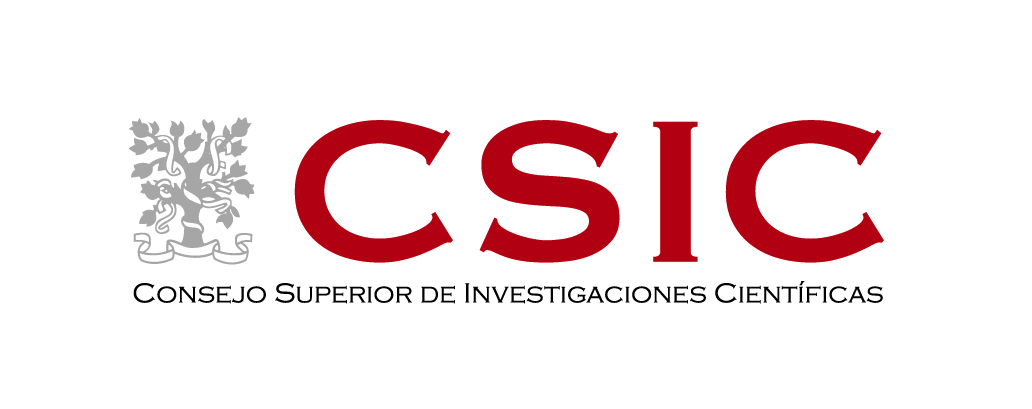Institut de Biologia Evolutiva - CSIC UPF
Carina M. Schlebusch (Uppsala University): "It is rewarding to teach other people how to do research, and discovering things together"
Carina M. Schlebusch (Uppsala University): "It is rewarding to teach other people how to do research, and discovering things together"
We interview Researcher Carina M. Schlebusch with the occasion of her visit to the Institute of Evolutionary Biology (IBE) to give the seminar "African history - inferences from modern and ancient DNA".
 Hi Carina, thanks for visiting us. Can you tell us about yout current research in human populations?
Hi Carina, thanks for visiting us. Can you tell us about yout current research in human populations?
My group is interested in human history: how did we populate the world? How did we migrate? How did the different groups interact with each other in the past? All in all, our research is about how populations interacted, expanded and replaced other populations in the past.
Many disciplines like archaeology or linguistics have been investigating these questions for quite a long time - longer than genetics! You can study how different languages are related to each other and figure out from there how populations were connected, or how populations migrated across the landscape.
Genetics is a recent addition, actually. Thanks to genetics, we can now see how different human populations exchanged genes when they interacted over time. For example, when you see genetic admixture between two populations, you can infer that they got in contact because one of them was expanding and interacted with a former population of the region. Especially for the last few thousand years, when agriculture became a dominant way of producing food, agricultural populations expanded and migrated. The majority of populations in the world today are mostly the descendants of farmers, and this farming expansion process can be very nicely studied from genetics of current-day populations.
"Thanks to genetics, we can now see how different human populations exchanged genes when they interacted over time."
And what about ancient DNA?
We can infer a lot from genetics, but it is even more powerful when we analyse ancient DNA through palaeogenetics, so that we can access the genetics of past people. We can then study how ancient people were associated to certain archaeological signatures and look for the spread of the population in concert with cultural expansions. For example, was it people expanding that made a specific type of pottery, or rather the idea of making a specific pottery style that spread? The same applies to language. We can figure out if the genetics of a population matches with a certain use of language. Although it usually does, in general terms, sometimes populations lose their original language and start speaking the language spoken by the surrounding population. This especially happened with hunter-gatherer groups.
So I was wondering, how do you approach your research? As you were saying, it implies several disciplines.
I run a genetics lab, but we also work with linguists and archaeologists. Some people in our program have more of an archaeological background but then are specialised in genetics. I would say that it is through collaborations that we interact, especially because the field is specialising.
 As for your background, what did you study?
As for your background, what did you study?
My background is in molecular biology, but then I mostly specialized in genetics, and from there I went on.
And how did you approach science in the first place? Tell us about your "ancient" motivation.
I actually wanted to become an archaeologist because I was very interested in history, but in general people around me though that it was not a career that would lead to a job. So later I became more interested in the natural science and I wanted to become a veterinary surgeon. But after one year of basic science during the vet degree, when I took the general courses on genetics, biochemistry, chemistry, etc., I decided that genetics was actually my thing and that I would rather become a researcher than a veterinarian.
Your started your career in South Africa, in Johannesburg, and then you moved to Uppsala, where you settled. Can you tell us a bit about this?
Sure. I did my PhD in South Africa, were I was already studying the African populations. When I finished, I decided that I wanted to go for a postdoc oversees. At the time, there was a researcher starting his group in Uppsala (Sweden) on population genetics, and he was looking for postdocs, so I joined him. Later, I started my own research group.
So you started your own team there, after your postdoc. This is quite of an achievement. How is it to lead a team?
It is definitely different from doing a postdoc. Suddenly, you have a group and you have to manage people and funds rather than analysing data on your own. In the beginning this was quite a jump, as you realize you are going to have to play a role that nobody told you how to play. Then, you start doing some courses, and little by little you realize that leading a team is also a learning experience. Sometimes I miss analysing the data myself, but it is also rewarding to teach other people how to do research, and discovering things together as a team.
"Leading a team is also a learning experience. Sometimes I miss analysing the data myself, but it is also rewarding to teach other people how to do research, and discovering things together as a team."
 Science can be a highly competitive discipline, especially when it comes to getting funding. What do you think about the work-life balance in academia these days? Can you tell us about your experience?
Science can be a highly competitive discipline, especially when it comes to getting funding. What do you think about the work-life balance in academia these days? Can you tell us about your experience?
In a way, I think that it is a bit better in Sweden than in other countries, in terms of people valuing the work-life balance. People here want to rest and spend time with family and friends, but I still think that overall in science it is not always easy to step out of the competition. In the end, all scientists apply for the same resources, so you have to compete in the same league as people that work 24/7. Therefore you cannot always step out of this reality, as you also need to get grants to fund your research.
I believe that it is hard to achieve this balance, and there are people struggling with stress, or even burn-out. I try to keep and promote work-life balance, so that people in my team are taking time to care about themselves and not only commit to work.
We talk about gender. Have you experienced gender bias along the way? Maybe you can tell us about some particular situation, or behaviour.
I believe that things are changing for the good. I actually haven't been experiencing this bias so much as in biology the balance is quite good - in our institution there is even a female bias -, but I know that in some other fields in STEM the situation is different.
For example, I don't know if it is always good to force things to get them right. Sometimes, I am offered opportunities and receive invites just because I am a female, and I don't like the way it feels. To me, mitigating gender bias should be a grassroots’ thing, so it should start at school, changing the mind-set, and within the family, etc. When you try to fix the bias at the top, it may end up being demeaning to female researchers.
Can you think of an initiative that, to your mind, could help mitigate gender bias in academia?
I think that giving support to parenthood makes a difference. Even if things are getting pretty egalitarian, when people have children it is usually the mother who will put more care into the baby - especially for the first months -, and I think that in that sense Sweden is doing quite well. Here, there's a lot of parental support. I don't have children myself, but I can tell that it does make a difference for people who have children to get support in order to stay in academia. Most grants also started to acknowledge parenthood when they quantify your scientific production, so I believe that this can help mitigate the gender bias between males and females.
To wrap up, what advice would you give to young students considering a research career?
If you are hesitant about starting a career in science, try to think about the questions that you find intriguing, and imagine that you could work to solve them.
My advice in this regard would be to do what your really like. You will devote a lot of time to it, so doing something that you are passionate about will help you be a happy person.
Carina M. Schlebusch was talking to Pilar Rodríguez, Communication Manager at IBE.
About Carina M. Schlebusch
Short Bio
Carina Schlebusch is Associate Professor in Human Evolution at the Department of Organismal Biology - Uppsala University (Sweden). She heads a research group that investigates human evolutionary history with a focus on Africa. Her research is funded by the Swedish Research Council, European Research Council and the Wallenberg foundation and her research projects investigates African history from a genetic perspective. Carina was born in South Africa and completed her PhD at the University of the Witwatersrand, Johannesburg. Her thesis dealt with the history of southern African population groups and specifically with the population genetics of San and Khoekhoe groups. In 2009, she moved to Uppsala University, where she completed a Wenner Gren fellowship postdoc. After her postdoc, she continued her research at Uppsala University and started her own research group in 2015. The Schlebusch group uses genetic research as a tool to investigate African population history and migrations of people within the African continent.
With the collaboration of the Spanish Foundation for Science and Technology - Ministry of Science and Innovation.


